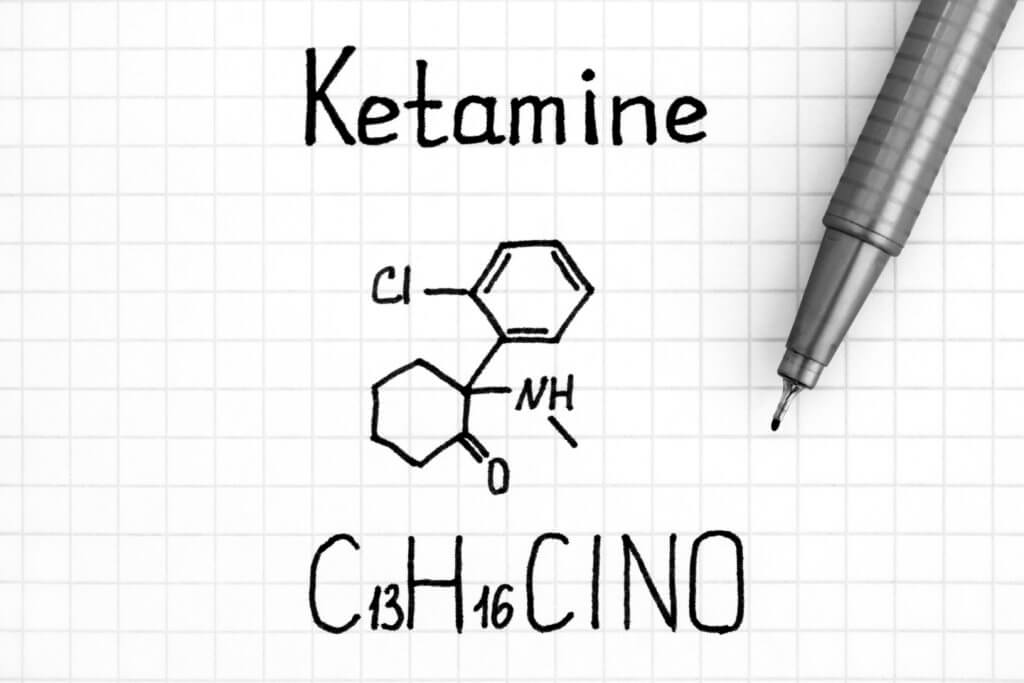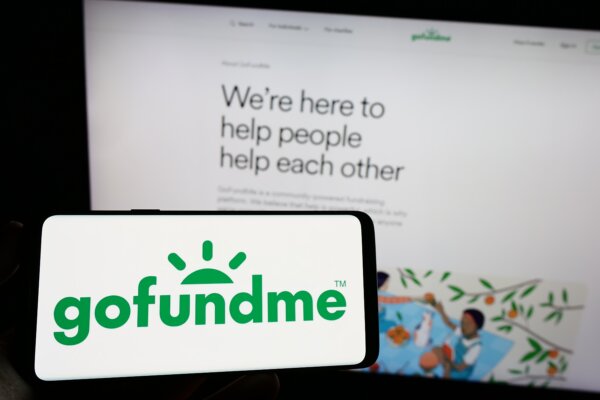
(© Pcess609 - stock.adobe.com)
SYDNEY, Australia — The illegal “party drug” ketamine could also serve as an effective treatment for severe depression, a new study reveals. Researchers found that over 20 percent of patients achieved total remission within a month after receiving eight ketamine injections, while a third of the group experienced a 50-percent improvement in symptoms.
Ketamine, also known as “Special K” among clubbers, is a controversial tranquilizer that is commonly used for pain relief and anesthesia. Recreational users describe its effects as creating a detached, “floaty” feeling.
“For people with treatment-resistant depression – so those who have not benefitted from different modes of talk-therapy, commonly prescribed antidepressants, or electroconvulsive therapy (ECT) – 20% remission is actually quite good,” says lead author Professor Colleen Loo of the University of New South Wales, in a media release.
The clinical trial involved 179 participants with treatment-resistant depression, with one group receiving ketamine injections and the other receiving a sedative placebo. Neither group knew which they had received to reduce the placebo effect.
A unique aspect of this trial was the use of midazolam as the placebo, a sedative that induces drowsiness but is not used as a treatment for depression. This helped maintain the blinding of participants regarding their treatment.

The study also included volunteers who had previously undergone electroconvulsive therapy, a treatment reserved for cases where other interventions have failed. Most studies exclude participants who have had ECT.
Furthermore, the drug was administered via injection into the skin rather than intravenously, which simplified the procedure and reduced complexity. The trial represents the largest study to date analyzing generic ketamine for severe depression.
The cost of ketamine treatment was significantly lower than that of a ketamine nasal spray currently used in Australia, making it a more affordable option for patients.
“And if you consider that many of these people might spend many months in hospital, or be unable to work and are often quite suicidal, it’s quite cost effective when you see how incredibly quickly and powerfully it works,” adds Dr. Loo. “We’ve seen people go back to work, or study, or leave hospital because of this treatment in a matter of weeks.”
The researchers are now planning larger trials of generic ketamine over longer periods to further explore its effectiveness. They also aim to refine safety monitoring during treatment.
How exactly does ketamine work?
Ketamine is a non-narcotic substance under the Controlled Substances Act. It currently has accepted medical uses for short-term sedation and anesthesia in the United States.
Ketamine works by blocking N-methyl-D-aspartate (NMDA) receptors in the brain, which play a role in transmitting electrical signals between neurons in the brain and spinal column. For anesthesia, it’s often used in combination with other medications due to its hallucinogenic side-effects.
Ketamine can be administered in several ways, including through intravenous injection, intramuscular injection, oral tablets, or nasal spray. The appropriate administration route depends on the medical purpose for the medication.
Recreationally, ketamine is often misused for its hallucinogenic and dissociative effects. It is important to note that recreational use of ketamine can be dangerous and can lead to serious mental and physical health issues.
The study is published in the British Journal of Psychiatry.
South West News Service writer Mark Waghorn contributed to this report.










50 years of treatment resistant depression. Finally substantial relief with Ketamine.